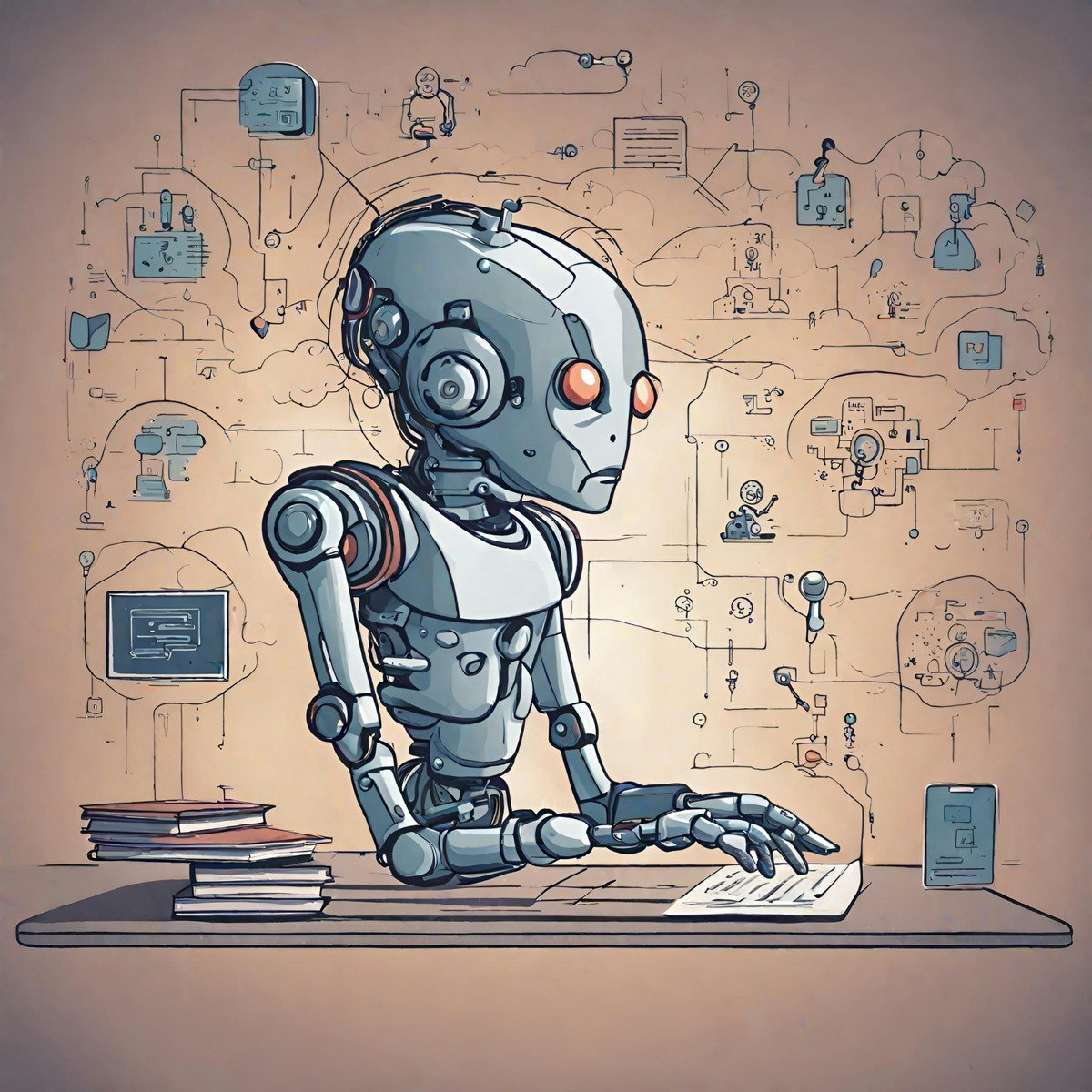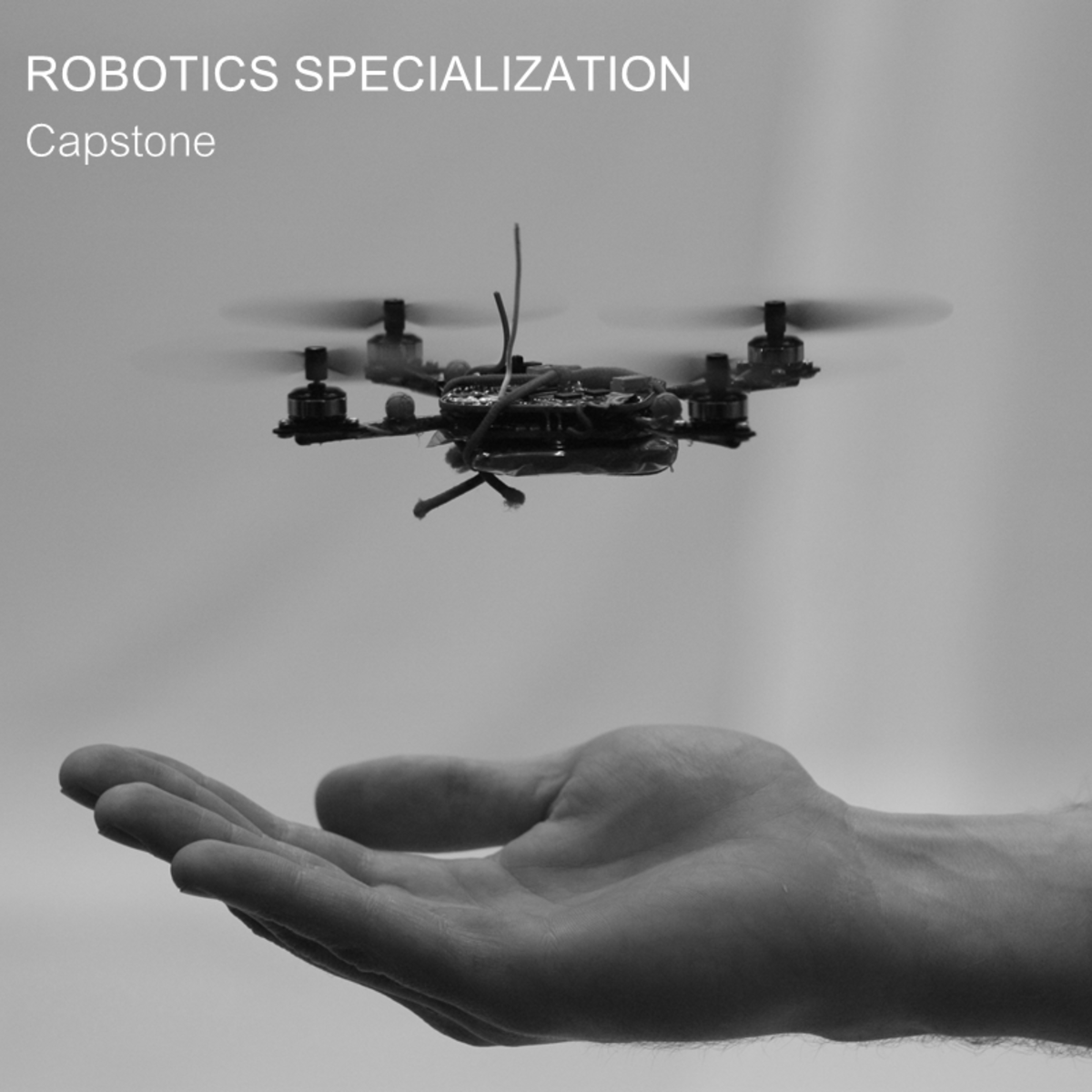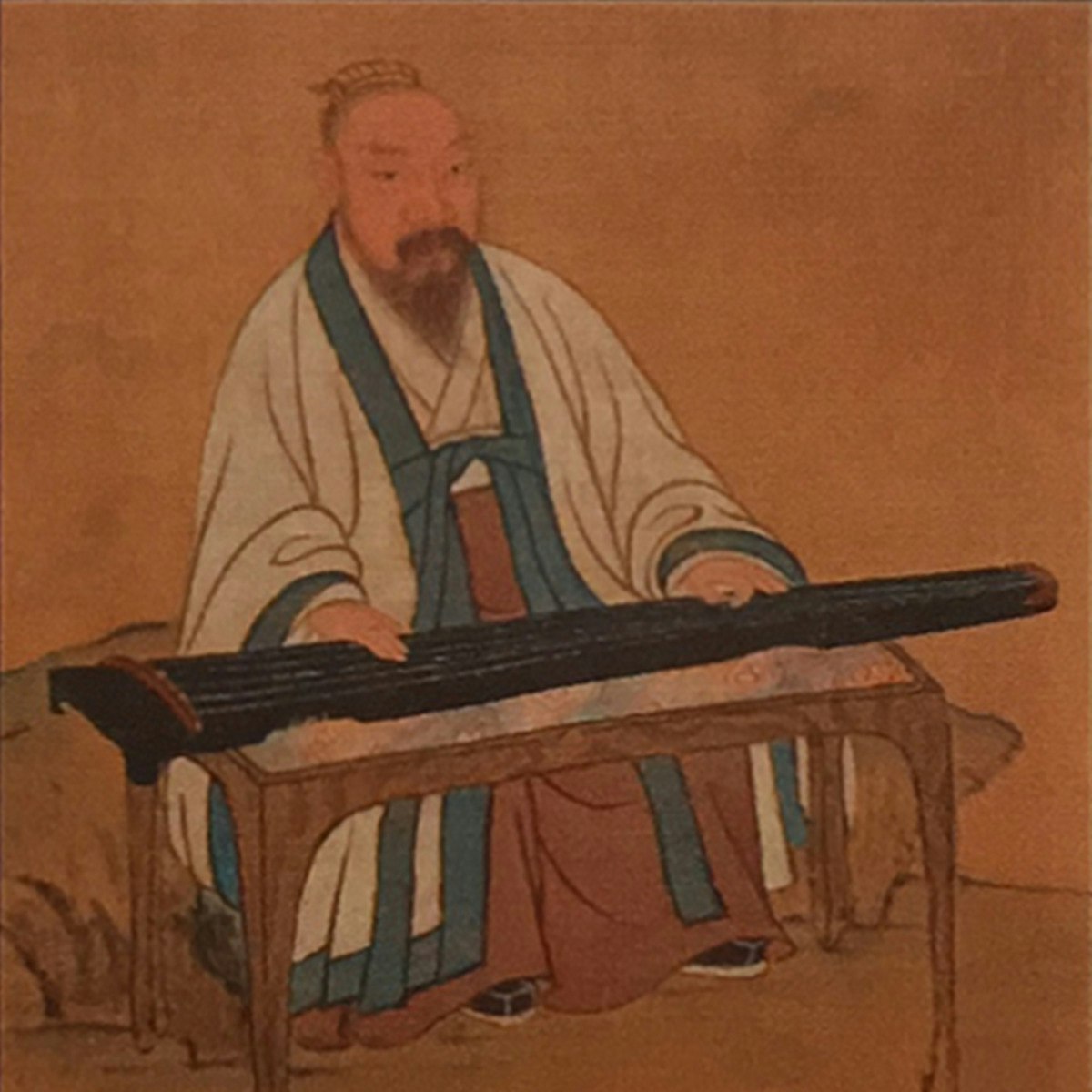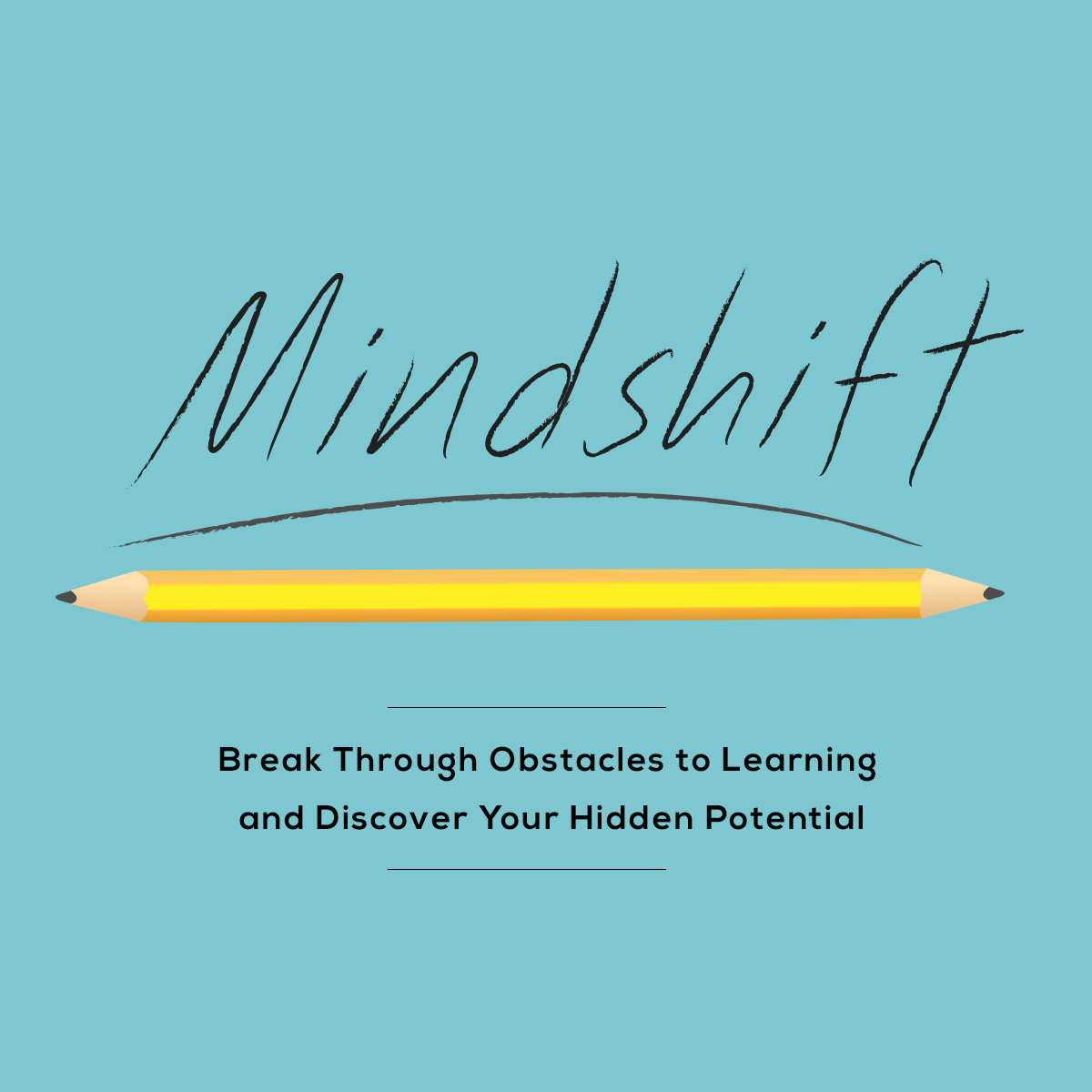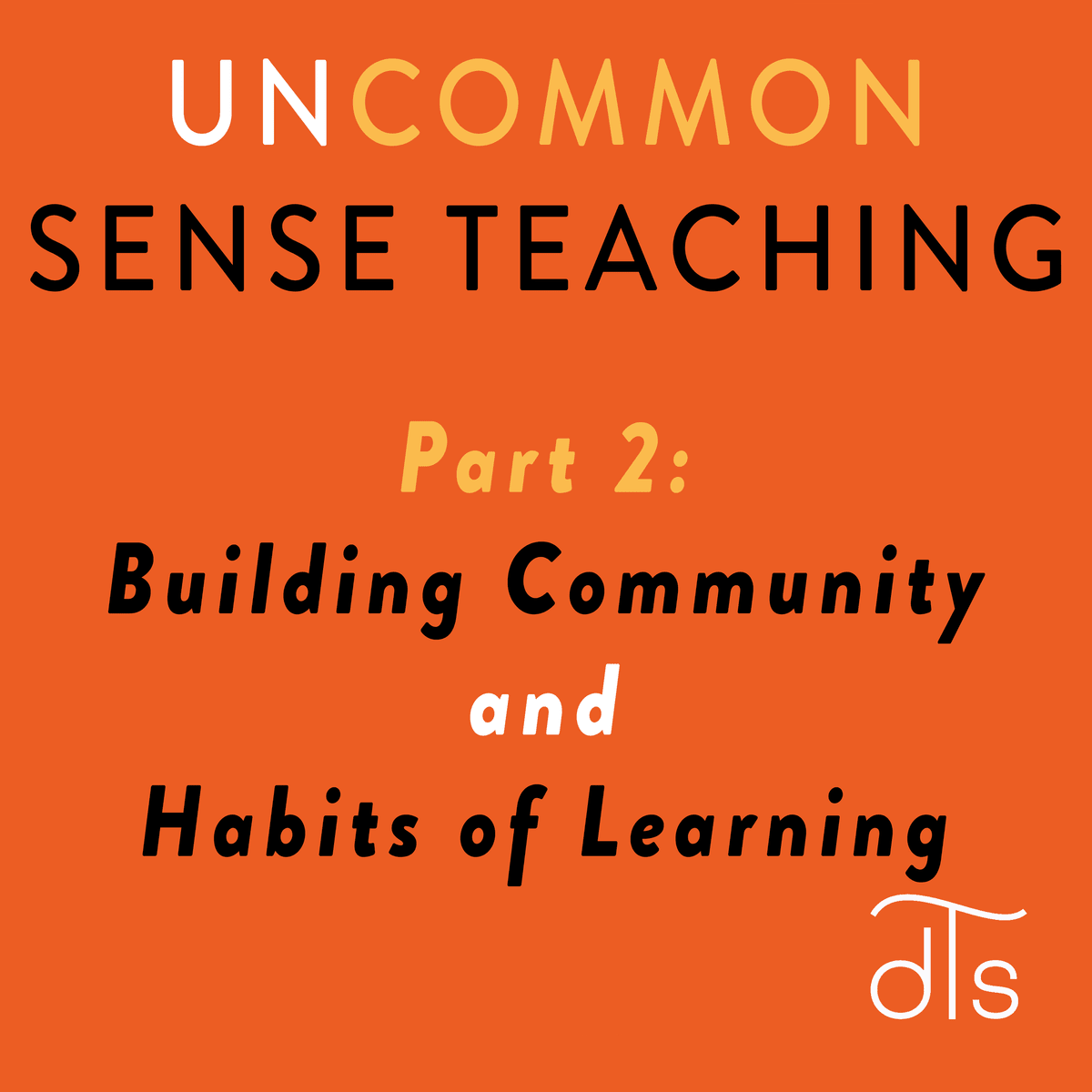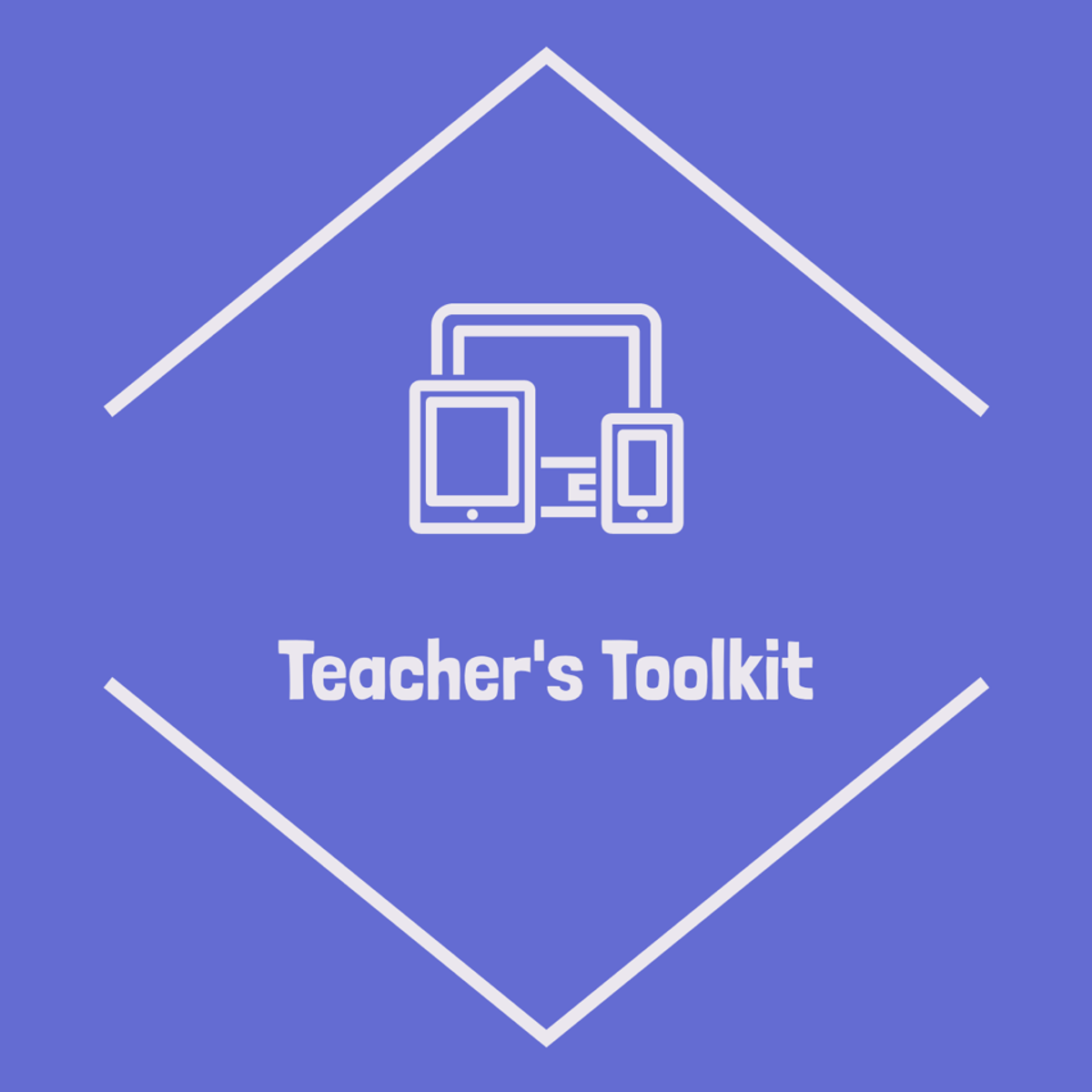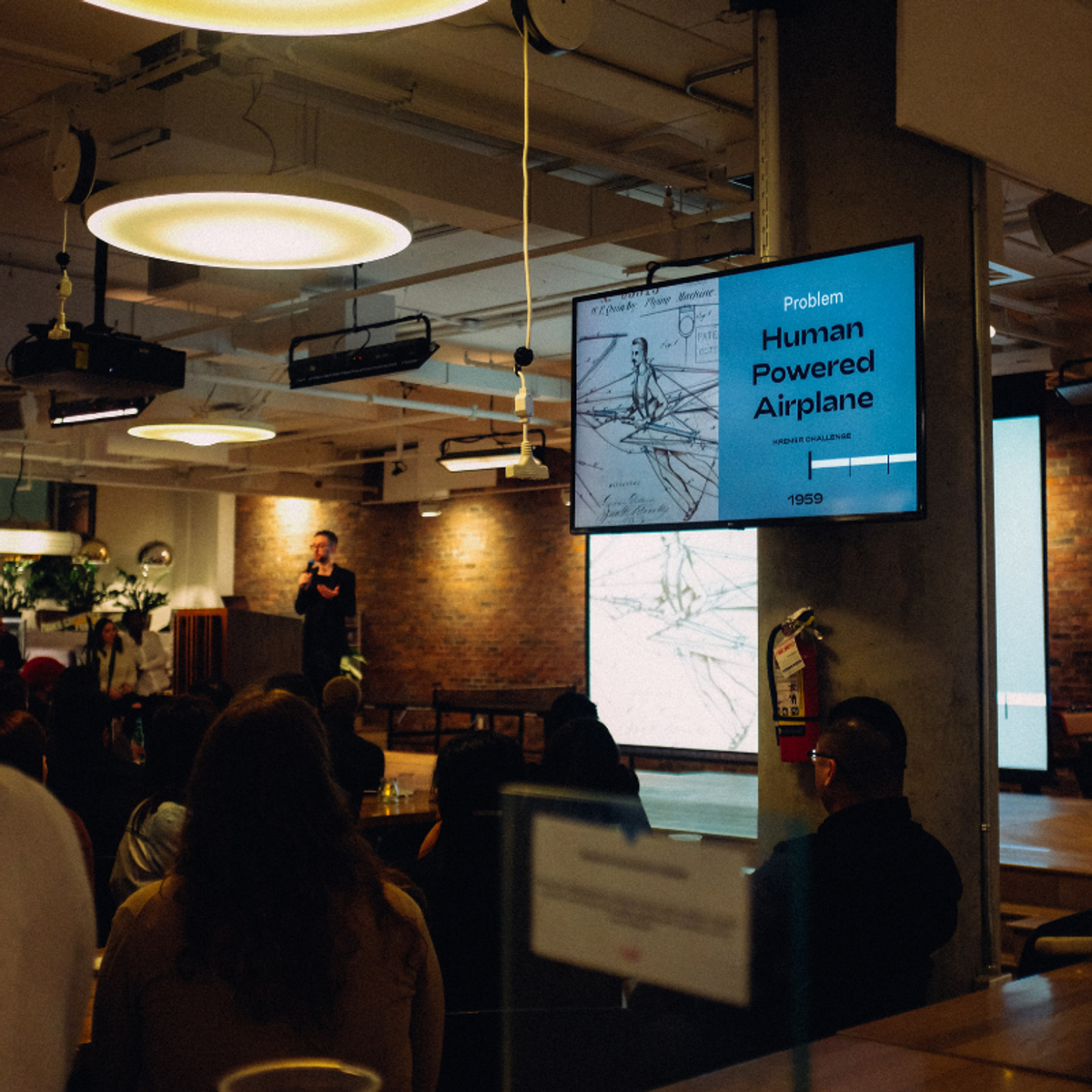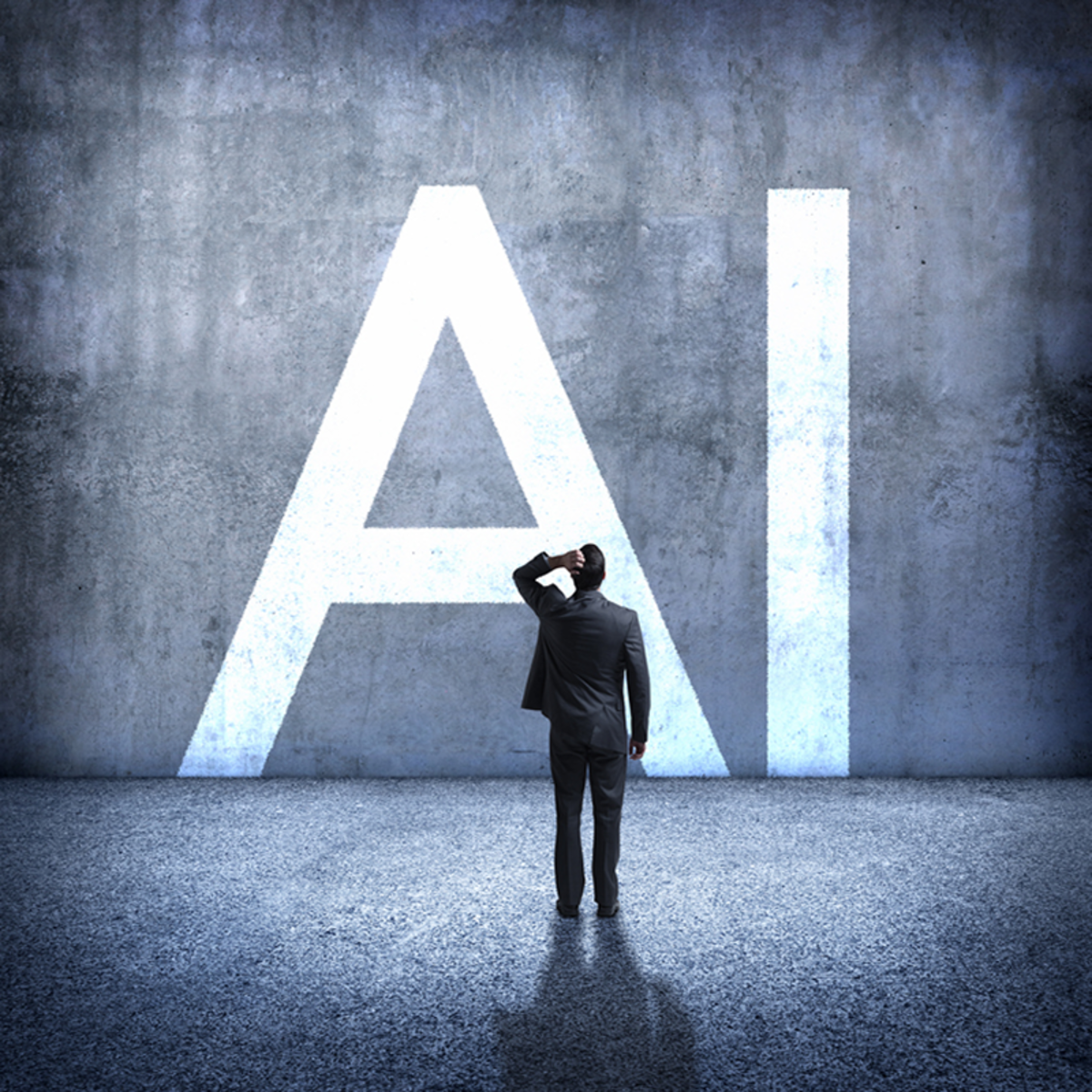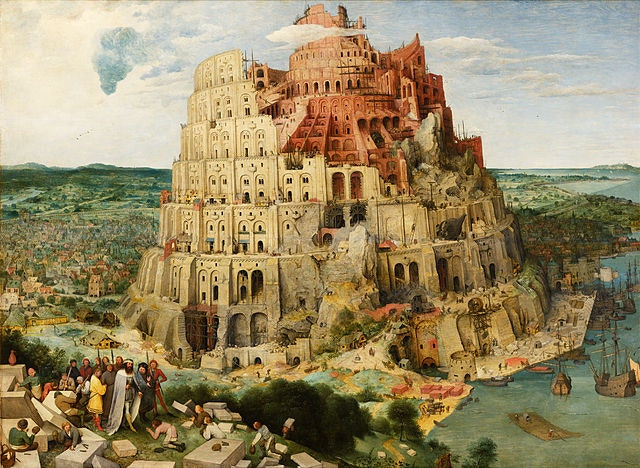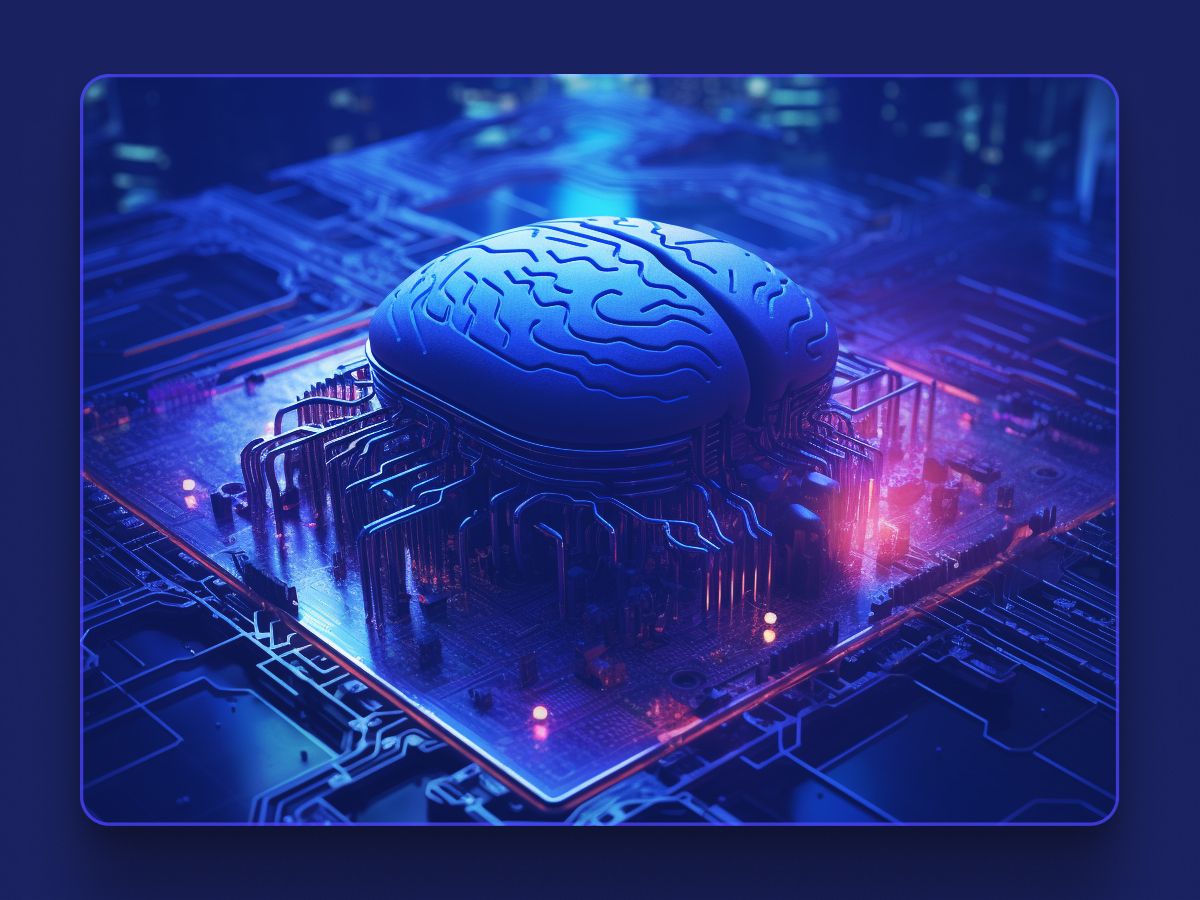Educator
Exploring a Career as an Educator
An Educator is a professional dedicated to fostering learning and development in others. This role extends far beyond the traditional classroom, encompassing various settings like K-12 schools, universities, corporate training departments, non-profits, and online platforms. Educators design and deliver instruction, assess learning, create supportive environments, and often contribute to curriculum development or educational research.
Working as an Educator offers the unique opportunity to shape minds, inspire curiosity, and make a tangible difference in individuals' lives and communities. Many find deep satisfaction in witnessing student growth and contributing to societal progress. The field is also dynamic, constantly evolving with new pedagogical approaches and technologies, offering lifelong learning opportunities for educators themselves.
Roles and Specializations in Education
The field of education is vast, offering diverse roles tailored to different interests and skills. Understanding these distinctions is key to finding your niche within this rewarding profession.
Classroom Teaching vs. Curriculum Development
Classroom teaching is perhaps the most recognized educator role. These professionals work directly with students in various settings (elementary, secondary, post-secondary, adult education), delivering lessons, managing classroom dynamics, and assessing student progress. Effective classroom teachers possess strong communication skills, patience, adaptability, and a deep understanding of their subject matter and pedagogical techniques.
Curriculum development, on the other hand, focuses on designing the educational content and learning experiences. Curriculum developers, often working alongside instructional designers, create lesson plans, select materials, and structure courses to meet specific learning objectives. This role requires strong analytical skills, creativity, knowledge of learning theories, and often, expertise in a particular subject area.
While distinct, these roles often overlap. Teachers frequently adapt or supplement existing curricula, and curriculum developers benefit immensely from classroom experience. Understanding the principles of effective instructional design is valuable for both roles.
These courses provide insight into the structured process of designing learning experiences, a skill valuable for both classroom teachers and dedicated curriculum specialists.
Exploring these related career paths can offer further insight into the broader educational landscape.
Emerging Specializations
Education is constantly evolving, leading to exciting new specializations. Science, Technology, Engineering, and Mathematics (STEM) education is a high-demand area, focusing on integrated, hands-on approaches to these critical subjects. Educators specializing in STEM often have backgrounds in these fields and are skilled at making complex topics accessible and engaging.
Special needs education caters to students with diverse learning, physical, or emotional challenges. These educators possess specialized training to adapt instruction, provide individualized support, and collaborate with families and support staff. Empathy, patience, and a deep understanding of different learning needs are crucial.
The rise of educational technology (EdTech) has also created new roles. Educators may specialize in integrating digital tools, developing online courses, or training peers in using new technologies effectively. This requires both pedagogical knowledge and digital literacy.
These courses offer foundational skills in technology and programming, which are increasingly relevant in specialized educational roles, particularly in STEM and EdTech.
You can explore a wide range of courses relevant to various specializations within the Education category on OpenCourser.
Administrative Career Paths
Experienced educators often move into administrative roles, shaping educational institutions and policies on a larger scale. School principals, university deans, and department heads oversee operations, manage staff, develop budgets, and ensure educational quality. These roles demand strong leadership, organizational, and interpersonal skills.
Policy-making offers another avenue. Educators might work for government agencies, non-profits, or think tanks, researching educational issues, developing policy recommendations, and advocating for improvements in the education system. This path requires analytical skills, an understanding of political processes, and effective communication abilities.
Transitioning into administration typically requires significant experience in education, often coupled with advanced degrees in educational leadership or administration. It's a path for those passionate about systemic change and managing educational environments.
Formal Education Pathways
Embarking on a career as an educator typically involves specific educational steps, though the exact requirements can vary significantly depending on the country, state, or type of institution you aim to work in.
Undergraduate Degree Requirements
For most K-12 public school teaching positions in the United States and many other countries, a bachelor's degree is the minimum requirement. Often, this degree is specifically in education (e.g., Bachelor of Arts in Education) or in the subject area one intends to teach (e.g., Bachelor of Science in Mathematics for a high school math teacher), coupled with completion of a state-approved teacher preparation program.
These preparation programs cover pedagogy, classroom management, child development, and subject-specific teaching methods. They also typically include a crucial student teaching component, providing hands-on classroom experience under the guidance of an experienced mentor teacher.
Requirements for private schools, corporate training, or informal education settings might differ, sometimes valuing experience or specialized knowledge over a specific education degree. However, a bachelor's degree remains a common baseline expectation across the field.
Graduate Programs for Advanced Specializations
For those seeking roles in higher education, specialized K-12 positions (like reading specialists or special education coordinators), or administrative leadership, a graduate degree is often necessary. A Master's degree (e.g., Master of Education, Master of Arts in Teaching) can deepen pedagogical knowledge, allow for specialization, and often leads to salary increases in K-12 settings.
Pursuing a doctorate (Ph.D. or Ed.D.) is typically required for university professorships, high-level administration, and research-focused roles. A Ph.D. often emphasizes original research, while an Ed.D. (Doctor of Education) tends to focus more on applied practice and educational leadership. Requirements for university lecturers often include a doctorate or being actively working towards one, alongside teaching experience.
These advanced degrees signal a deeper commitment to the field and provide the specialized knowledge required for leadership, research, and teaching at higher levels.
Certification and Licensing Processes
Public K-12 educators in most regions must obtain a state-issued teaching license or certification. This process usually involves completing an approved teacher preparation program, passing standardized tests (covering basic skills, subject matter knowledge, and pedagogy), and undergoing a background check. Requirements vary significantly by state and country.
Many states have reciprocity agreements, allowing teachers certified in one state to become certified in another, though additional requirements might apply. Alternative certification routes exist for individuals with bachelor's degrees in other fields who wish to transition into teaching, often involving intensive training programs and mentorship.
Higher education roles generally don't require state licensure like K-12, but specific qualifications (like a PhD) and teaching experience are paramount. Corporate trainers may seek industry-specific certifications but typically don't need state teaching licenses. It's crucial to research the specific requirements for the role and location you are interested in. Resources like the National Center for Education Statistics (NCES) provide data on teacher qualifications in the U.S.
Understanding the certification process is a key step in planning an educator career.
Essential Skills for Modern Educators
Beyond formal qualifications, successful educators cultivate a range of essential skills. The demands of modern learning environments require adaptability, technological fluency, and a deep commitment to inclusive practices.
Pedagogical Techniques and Learning Environments
Effective pedagogy – the method and practice of teaching – is the cornerstone of education. Modern educators must be adept at various techniques, moving beyond traditional lectures to incorporate inquiry-based learning, project-based learning, collaborative activities, and differentiated instruction to meet diverse student needs. Understanding core learning theories helps tailor these approaches effectively.
Creating a positive and supportive learning environment is equally critical. This involves establishing clear expectations, fostering mutual respect, managing classroom dynamics constructively, and encouraging student participation. Whether the environment is a physical classroom, a virtual space, or a corporate training room, the goal is to create a space where learners feel safe, engaged, and motivated.
Continuous reflection on teaching practices and seeking feedback are vital for growth. Educators must adapt their methods based on student responses and evolving educational research.
These courses delve into effective teaching strategies and the cognitive science behind learning, helping educators refine their instructional approaches.
Understanding the principles behind how people learn is fundamental to effective teaching.
Technology Integration in Education
Technology is no longer an optional add-on in education; it's an integral part. Educators need digital literacy skills to effectively use Learning Management Systems (LMS), online communication tools, digital resources, and interactive software. This includes creating or curating digital content, facilitating online discussions, and assessing learning using digital tools.
Beyond basic operation, effective integration means using technology to enhance learning – perhaps through virtual simulations, collaborative online projects, personalized learning platforms, or tools that make complex concepts more visual and interactive. Simply using technology is not enough; it must serve clear pedagogical goals.
Educators must also help students develop digital citizenship skills, teaching them to navigate the online world responsibly, critically evaluate digital information, and use technology ethically. Staying current with emerging technologies and understanding their potential educational applications is an ongoing process.
These courses offer hands-on experience with tools commonly used to create engaging digital learning materials and presentations.
Explore various Software Tools on OpenCourser to enhance your digital toolkit.
Cultural Competency and Inclusive Teaching Strategies
Modern classrooms and learning environments are increasingly diverse. Cultural competency is essential for educators to create truly inclusive spaces where all learners feel valued, respected, and supported. This involves understanding and appreciating diverse cultural backgrounds, experiences, and perspectives, and recognizing how one's own culture influences interactions.
Inclusive teaching strategies go beyond mere acknowledgment of diversity. They involve actively designing instruction and learning environments that are accessible and equitable for everyone, regardless of background, identity, or ability. This might include using diverse examples, offering multiple ways for students to demonstrate learning, addressing potential biases in curriculum materials, and fostering respectful dialogue.
Developing cultural competency requires ongoing self-reflection, learning, and a willingness to engage with perspectives different from one's own. It's about building empathy and ensuring that educational practices promote equity and challenge discrimination.
These courses explore the critical concepts of diversity, equity, inclusion, and cultural understanding, providing frameworks for creating more equitable learning environments.
Understanding these core concepts is vital for modern educators.
Career Progression and Advancement
A career in education offers various pathways for growth and advancement, extending beyond the initial teaching or training role. Progression often involves gaining experience, pursuing further education, and developing leadership capabilities.
Typical Entry-Level Positions and Promotion Timelines
In K-12 education, the typical entry point is as a classroom teacher. With experience (usually 3-5 years or more), opportunities arise for roles like lead teacher, mentor teacher, or department chair. Further advancement often leads to administrative positions such as assistant principal or principal, which usually require additional certifications and often a Master's degree in educational leadership or administration.
In higher education, entry-level positions might include adjunct faculty, lecturer, or teaching assistant (often while pursuing a graduate degree). The traditional academic track progresses from Assistant Professor to Associate Professor, and finally to Full Professor, a process typically spanning many years and heavily dependent on research output, publications, teaching effectiveness, and service to the institution. A PhD is almost always required for tenure-track positions.
In corporate training, one might start as a trainer or instructional designer. Advancement can lead to senior trainer, training manager, or learning and development director roles. Promotion timelines vary widely based on the organization and individual performance.
Leadership Roles in Educational Institutions
Leadership in education involves guiding institutions, departments, or programs towards achieving their educational missions. Principals and superintendents lead K-12 schools and districts, focusing on instructional leadership, staff management, school culture, and community engagement. In higher education, deans, provosts, and university presidents oversee academic programs, faculty, research initiatives, and overall institutional strategy.
These roles require a blend of educational expertise, management skills, strategic thinking, and the ability to navigate complex organizational dynamics. Effective communication, decision-making, and fostering collaboration are crucial. Pursuing advanced degrees in educational leadership or administration is a common step for those aspiring to these positions.
Developing strong leadership qualities is essential for advancing in educational administration. These courses offer insights into various leadership styles and skill development.
Alternative Career Paths
The skills and experience gained as an educator are highly transferable to various other fields. Many educators transition into educational consulting, advising schools, districts, or organizations on curriculum, instruction, or policy. Others move into the burgeoning EdTech sector, developing educational software, platforms, or digital content.
Instructional design is a popular alternative path, especially for those with curriculum development experience, creating training programs and learning materials for corporations, government agencies, or non-profits. Some educators leverage their expertise to become authors, writing textbooks, educational guides, or articles.
Policy analysis, non-profit management focused on education, museum education, and academic advising are other potential avenues. A background in education provides a strong foundation for roles that require communication, planning, assessment, and understanding human learning and development.
These career paths offer alternatives for educators looking to apply their skills in different contexts.
Challenges in Contemporary Education
While rewarding, a career in education is not without its challenges. Educators today navigate complex issues ranging from workload management to rapid technological changes and shifting policy landscapes.
Workload Management and Burnout Prevention
Educators often face demanding workloads, juggling teaching responsibilities, planning, grading, administrative tasks, and communication with students and families. The emotional labor involved in supporting students' diverse needs can also be significant. These factors contribute to high rates of stress and burnout in the profession, a challenge highlighted by various educational organizations.
Effective time management, setting realistic boundaries between work and personal life, and prioritizing self-care are crucial for sustainability. Seeking support from colleagues, mentors, and administrators is also important. Institutions play a role by fostering supportive work environments, providing adequate resources, and promoting manageable workloads.
Developing strategies for managing time and stress is essential for long-term well-being in this demanding field.
Exploring resources in Personal Development and Health & Fitness can also provide valuable tools for managing stress and preventing burnout.
Adapting to Technological Disruptions
The rapid advancement of technology presents both opportunities and challenges. Educators must continuously learn and adapt to new tools, platforms, and digital pedagogies. Integrating technology effectively requires ongoing professional development and a willingness to experiment.
The rise of Artificial Intelligence (AI) brings new possibilities for personalized learning and administrative efficiency, but also raises concerns about academic integrity, data privacy, and the potential for bias in algorithms. Educators need to understand AI's capabilities and limitations to leverage it responsibly.
Furthermore, the digital divide – unequal access to technology and internet connectivity among students – remains a significant challenge, potentially exacerbating educational inequities if not addressed thoughtfully.
Understanding AI is becoming increasingly important for educators navigating technological shifts.
Policy Changes Impacting Classroom Practices
Education is heavily influenced by government policies related to funding, curriculum standards, standardized testing, teacher evaluation, and accountability measures. Changes in these policies can significantly impact classroom practices, resources, and educators' autonomy.
Navigating these shifts requires educators to stay informed about policy developments and understand their implications. Political debates around curriculum content and educational approaches can also create challenging environments for educators trying to meet the needs of all students.
Advocacy, both individually and collectively through professional organizations, can play a role in shaping policies that support effective teaching and learning. Understanding the broader context of educational policy helps educators navigate these external pressures. Data from organizations like the Learning Policy Institute highlight the impact of policy on issues like teacher shortages.
Global Perspectives on Education Careers
Education systems and the experiences of educators vary significantly across the globe. Understanding these differences provides valuable context for those considering international opportunities or working with diverse student populations.
Comparative Salary Structures by Region
Educator salaries differ vastly from country to country and even within regions of the same country. Generally, salaries tend to be higher in more economically developed nations, but relative purchasing power and cost of living must be considered. According to OECD data, teachers in countries like Luxembourg and Germany often have higher statutory salaries compared to those in many other member countries.
Pay structures also vary; some systems offer significant increases based on experience and qualifications, while others have flatter salary scales. Factors like public vs. private institutions, level of education taught (primary vs. secondary vs. higher education), and subject specialization can also influence compensation.
When comparing salaries internationally, it's also crucial to consider benefits packages, working hours, and the social standing of the teaching profession, which can differ culturally. The U.S. Bureau of Labor Statistics provides detailed salary information for various educator roles within the United States.
Migration Pathways for Qualified Educators
Opportunities exist for educators to work internationally, often in international schools catering to expatriate communities or in national school systems seeking foreign language teachers or specialists in certain fields. Various organizations facilitate teaching abroad programs.
Requirements typically include appropriate qualifications (often a bachelor's degree and teaching certification), teaching experience, and sometimes proficiency in the local language. Visa regulations and processes for recognizing foreign credentials vary significantly by country, requiring careful research.
Teaching abroad offers unique experiences for cultural immersion and professional development but also requires adaptability to different educational systems and cultural norms. Understanding intercultural communication and pedagogy is essential for success.
This course focuses on training for teaching literacy to migrants and refugees, touching upon cross-cultural educational contexts.
Cultural Differences in Pedagogical Approaches
Teaching methods, classroom management styles, student-teacher relationships, and the overall philosophy of education can vary greatly across cultures. Some cultures may emphasize rote memorization and teacher authority, while others prioritize student-centered inquiry and collaborative learning.
Expectations regarding student participation, assessment methods, and parental involvement also differ. Understanding these cultural nuances is vital for educators working in multicultural classrooms or in foreign countries to avoid misunderstandings and create effective learning environments.
Developing intercultural competence involves learning about different cultural perspectives on education, being mindful of one's own cultural assumptions, and adapting teaching practices respectfully and effectively.
Exploring courses on different cultures and languages can broaden understanding and enhance intercultural communication skills, which are invaluable for educators in diverse settings.
Emerging Trends in Educator Roles
The field of education is in constant flux, driven by technological advancements, evolving pedagogical understanding, and changing societal needs. Staying abreast of these trends is crucial for career sustainability and effectiveness.
AI Integration in Personalized Learning
Artificial Intelligence (AI) is poised to significantly impact education. AI-powered tools offer potential for personalized learning pathways tailored to individual student needs and paces. They can automate tasks like grading basic assignments, freeing up educator time for more complex instruction and student interaction.
AI tutors and adaptive learning platforms can provide targeted support and feedback. However, effective implementation requires careful consideration of data privacy, algorithmic bias, and the irreplaceable role of human connection and critical thinking in learning. Educators will increasingly need skills to evaluate, select, and integrate AI tools responsibly.
Understanding the capabilities and ethical considerations of AI is becoming essential for educators.
Hybrid Teaching Models Post-Pandemic
The widespread shift to remote learning during the pandemic accelerated the adoption of hybrid or blended learning models, which combine face-to-face instruction with online components. This trend is likely to continue, requiring educators to be proficient in both physical and virtual teaching environments.
Effective hybrid teaching involves more than just replicating classroom activities online. It requires thoughtful design to leverage the strengths of each modality, ensuring seamless integration and engaging experiences for all learners, regardless of their location. Skills in using digital collaboration tools, creating engaging online content, and managing both synchronous and asynchronous learning are key.
Platforms like OpenCourser offer vast resources for online learning, and educators can utilize tools and strategies discussed in the Learner's Guide to enhance their hybrid teaching practices.
Competency-Based Education Systems
There is a growing movement towards competency-based education (CBE), which focuses on students demonstrating mastery of specific skills and knowledge rather than progressing based solely on time spent in class. CBE allows for more flexible pacing and personalized learning pathways.
This shift impacts educators by requiring changes in assessment methods – moving towards authentic assessments that measure applied skills – and curriculum design that clearly defines competencies and learning outcomes. Educators in CBE systems often act more as facilitators and coaches, guiding students towards demonstrating mastery at their own pace.
Understanding instructional design principles is crucial for developing effective competency-based learning experiences.
Frequently Asked Questions
Here are answers to some common questions about pursuing a career as an educator.
What's the job market outlook for educators?
The job outlook for educators varies significantly by location, level (K-12, higher ed, corporate), and specialization. According to the U.S. Bureau of Labor Statistics (BLS), overall employment for K-12 teachers is projected to grow, but prospects are often better in high-need areas like STEM, special education, and bilingual education, particularly in rural or underserved urban districts.
Higher education roles are often competitive, especially tenure-track positions, with growth dependent on institutional funding and enrollment trends. Corporate training demand fluctuates with economic conditions and industry needs. Generally, educators with specialized skills, advanced degrees, and flexibility regarding location tend to have better prospects.
Can educators transition to corporate training roles?
Yes, transitioning from traditional education roles to corporate training or learning and development (L&D) is quite common. Educators possess many transferable skills valuable in the corporate world, including communication, presentation skills, curriculum design, assessment development, and understanding learning principles.
To make the transition smoother, educators might pursue additional training or certifications in instructional design, adult learning principles, or specific industry knowledge relevant to the target company. Highlighting experience in designing learning experiences, managing groups, and adapting content for different audiences is key when applying for corporate roles.
How does educator pay compare to similar professions?
Educator salaries vary widely based on factors mentioned previously (location, level, experience, public/private). In the U.S., K-12 teacher salaries are often compared to other professions requiring a bachelor's degree. While starting salaries can be competitive in some districts, overall lifetime earnings may lag behind fields like engineering or finance. Data from the OECD shows that in many member countries, teachers earn less on average than other tertiary-educated workers, although there are exceptions.
Higher education salaries, particularly for tenured professors at research universities, can be substantial but require significant education (typically a PhD) and research productivity. Corporate training salaries vary greatly depending on the industry, company size, and specific role. It's essential to research salary benchmarks for the specific type of educator role and location you are considering, using resources like the BLS.
What are alternatives to classroom teaching?
The field of education offers many roles beyond direct classroom instruction. Opportunities exist in curriculum development, where you design educational materials and programs. Instructional design focuses on creating learning experiences, often utilizing technology, for various settings including corporate training and online education.
Educational administration involves leadership roles like school principal, university dean, or program director, overseeing operations and staff. Academic advising helps students navigate their educational paths. Educational consulting provides expertise to schools or organizations. Other paths include educational policy analysis, working in EdTech companies, museum education, or writing educational content.
How crucial are graduate degrees for advancement?
The necessity of a graduate degree depends heavily on your career goals within education. For many K-12 teaching positions, a bachelor's degree and certification are sufficient for entry. However, a Master's degree often leads to salary increases and opens doors to specialized roles (e.g., reading specialist, school counselor) or initial steps into administration.
In higher education, a graduate degree is almost always essential. A Master's might suffice for some community college or lecturer positions, but a Ph.D. or equivalent doctorate is typically required for tenure-track professorships and significant academic advancement. For high-level administrative roles in both K-12 and higher education, a Master's or Doctorate in educational leadership or a related field is usually expected.
In corporate training, while not always mandatory, a Master's degree in instructional design, education, or a related field can enhance competitiveness and advancement potential.
What technological competencies are now essential?
Modern educators need a solid foundation in digital literacy. This includes proficiency with standard productivity software, email, and online communication platforms. Familiarity with Learning Management Systems (LMS) like Canvas, Blackboard, or Moodle is crucial in many K-12 and higher education settings.
Essential skills also involve creating and utilizing digital content (presentations, videos, interactive activities), facilitating online discussions, and using digital assessment tools. Understanding basic troubleshooting for common classroom technology is helpful. Increasingly, awareness of data privacy regulations and digital citizenship principles is vital.
As AI becomes more prevalent, understanding its basic functions, potential applications in education (like using AI for course design), and ethical implications is becoming an important competency.
Mastering various Software Tools can significantly enhance an educator's effectiveness and efficiency.
Final Thoughts
Choosing a career as an Educator is a commitment to lifelong learning and service. It offers profound opportunities to impact lives and contribute to society, but it also demands resilience, adaptability, and dedication. Whether you envision yourself in a traditional classroom, developing innovative curricula, leading an institution, or training professionals, the field provides diverse and meaningful pathways. Carefully consider the various roles, required qualifications, and inherent challenges as you explore if this dynamic and vital profession aligns with your aspirations.
These books offer diverse perspectives on philosophy, history, religion, and communication, providing valuable context and insights for aspiring educators.


